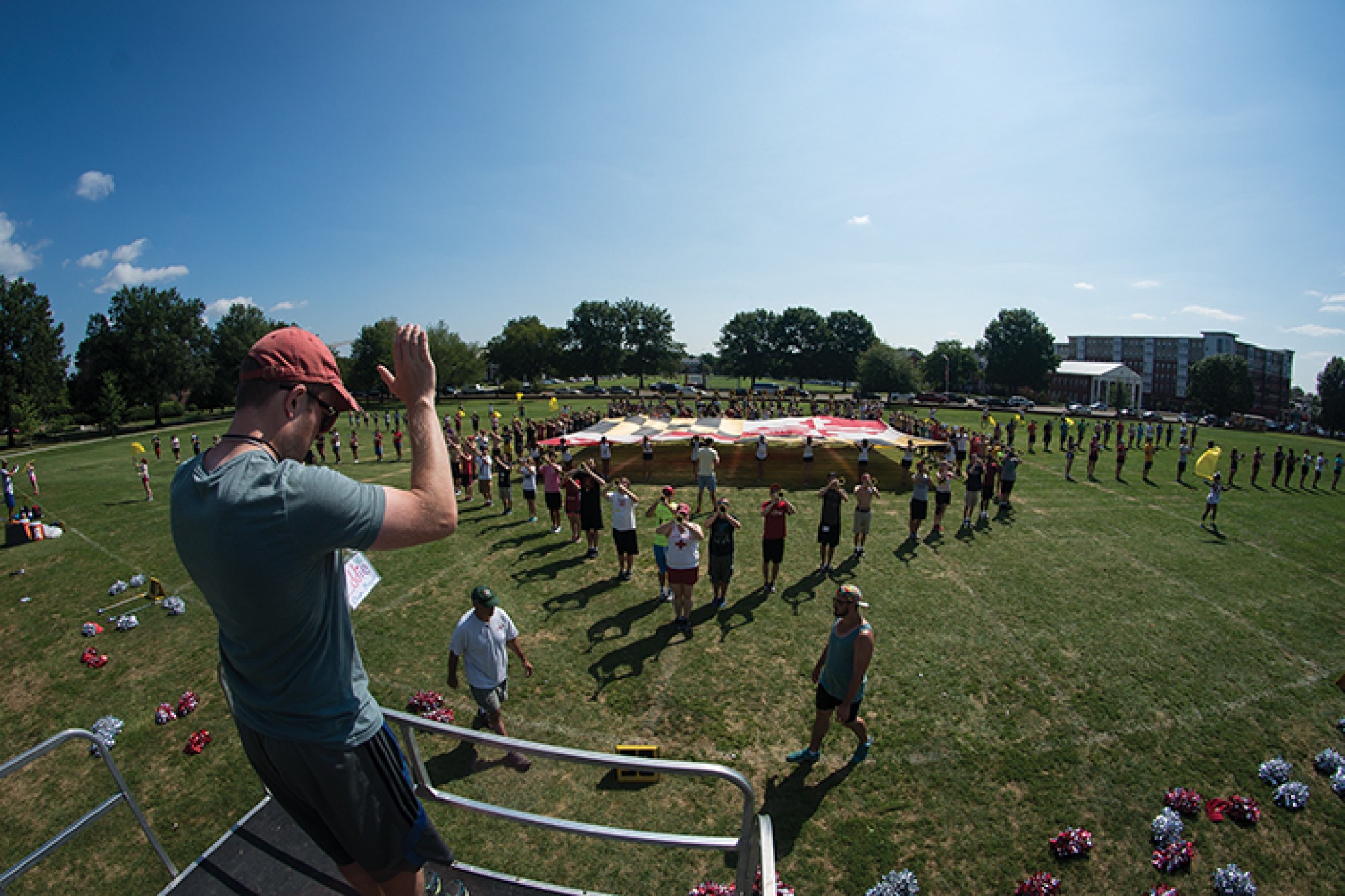Views expressed in opinion columns are the author’s own.
Maryland legislators have yet again rejected a proposal to repeal the racist state song, “Maryland, My Maryland.” This debate has been going on for the past 45 years, and we are now left with a compromise — changing the tune’s status to Maryland’s “historic song” instead of its state song.
Penned in 1861, “Maryland, My Maryland” is an ode to the Confederacy. It calls for Maryland to secede from its “Northern scum” neighbors and smears Abraham Lincoln as a “tyrant” and “despot.” Despite this, State Sen. Michael Hough (R-Maryland) indicated that it is all right for Maryland to hold this song in high regard because “a song is a song. The people singing it today are not singing it with that in their hearts.”
A state song is meant to be relatable for — and representative of — the residents of a state. We have a state flower and state bird, both of which have significance within the present context of Maryland. So why wouldn’t residents want a song that equally represents their present?
A song isn’t just a song, especially if it’s supposed to encompass the pride residents have for their state. There is usually public pushback against songs that are bigoted, as we saw in 2013 with Robin Thicke’s “Blurred Lines.” The song touts the “blurred lines” of consent, and the public wasn’t OK with it. Songs have messages and meaning, and “Maryland, My Maryland” is no different.
To change “Maryland, My Maryland” to a historic song would be the right move. The song doesn’t represent the majority of Maryland residents anymore, and it goes even further to discriminate against many of them. The University of Maryland Marching Band stopped playing the state song in August, and yet Maryland lawmakers cannot agree that retaining a Confederate song to represent our diverse state is wrong.
Some people would like the lyrics of the song changed, or for there to be no recognition of the song altogether, but that isn’t quite the right solution, either. While the song is a Confederate anthem, it is still a part of our history. Whether we like it or not, the song has represented this state since 1939, and we have to recognize that part of our past, no matter how offensive it is.
In the same way that we allow Confederate flags in textbooks yet deem them socially unacceptable to hang outside, our racist and outdated state song needs to be archived. We need to recognize our past for future education, without pretending it is our present and future. Marylanders should have a state song they’re proud to sing, just as Americans should be proud to sing the national anthem. For me and many other Maryland residents, the song doesn’t represent the state I know and love.
Liyanga de Silva is a sophomore English major. She can be reached at liyanga.a.ds@gmail.com.



